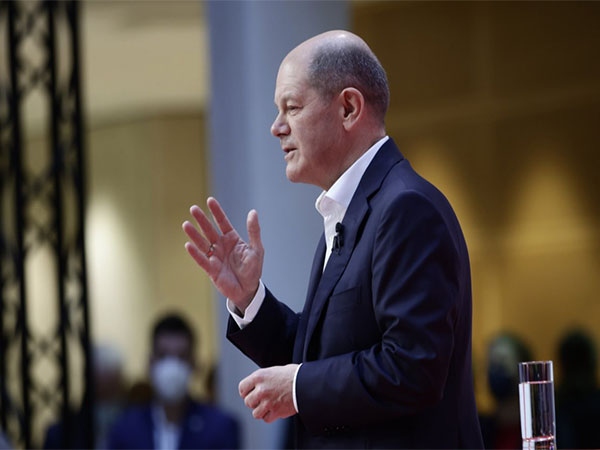Germany on the Brink: Early Elections Await After Confidence Vote Fallout
Chancellor Olaf Scholz lost a critical confidence vote in the German Bundestag, setting the stage for early elections in February. This move follows the collapse of his three-party coalition, triggering debates over Germany's future economic and military strategies amid internal political reshuffling and external geopolitical concerns.

- Country:
- Germany
Chancellor Olaf Scholz faces an early election in February after losing a confidence vote in the German parliament. With only 207 supporting votes in the 733-seat Bundestag, Scholz fell short of the majority needed, leading to the decision for an early parliamentary election.
The vote occurred after Scholz's coalition crumbled when he dismissed his finance minister, sparking debates over economic revitalization. Plans are underway for elections seven months ahead of the originally scheduled date, as President Frank-Walter Steinmeier now considers dissolving parliament.
In the election battle, Scholz champions modernizing debt rules and boosting wages, while his opponents criticize the economic crisis. Military support to Ukraine remains a focus, though opinions diverge on missile supply strategies. With elections anticipated to result in coalition talks, Germany faces a pivotal moment.
(With inputs from agencies.)
ALSO READ
Maharashtra Politics: Power, Protest, and Pomp in Oath Ceremony
Robert Vadra Advocates for Secular Politics Amid Rising Communal Issues
Mahayuti Coalition: Navigating Portfolios and Power Dynamics
Civil Rights Coalition in PoK Plans Intense Marches Amid Government Standoff
Key Developments in Politics, Economy, and International Relations










